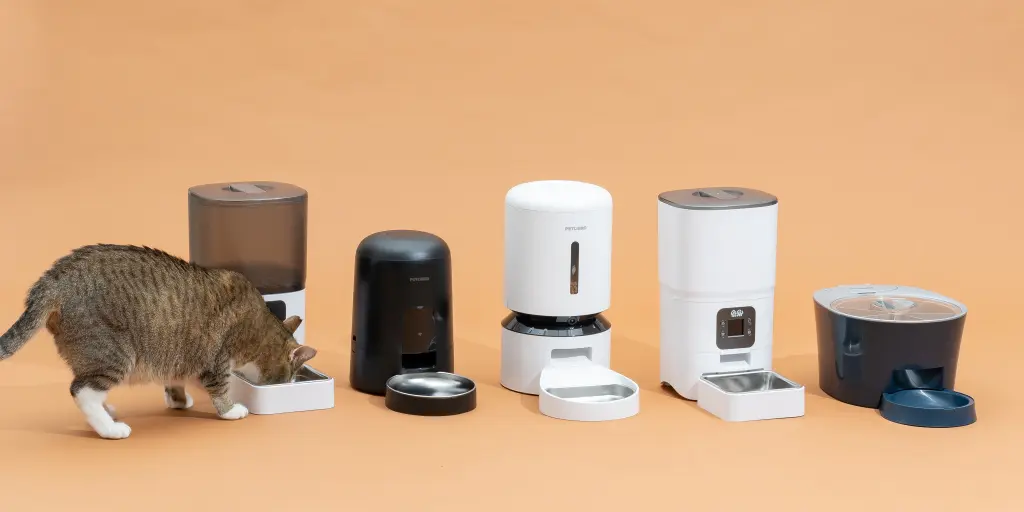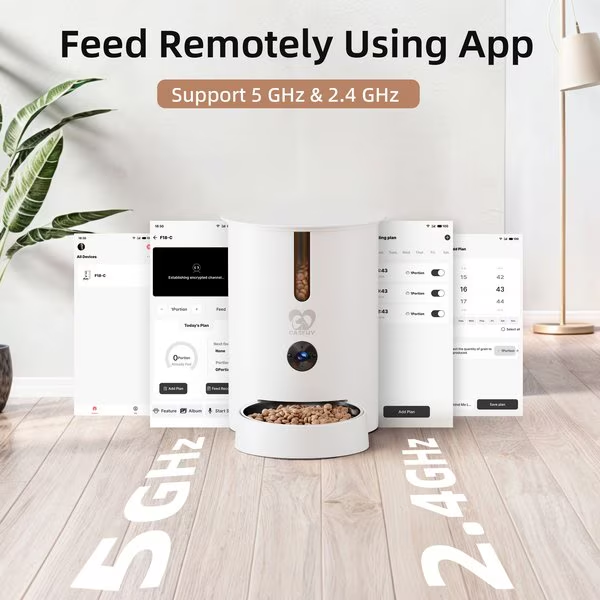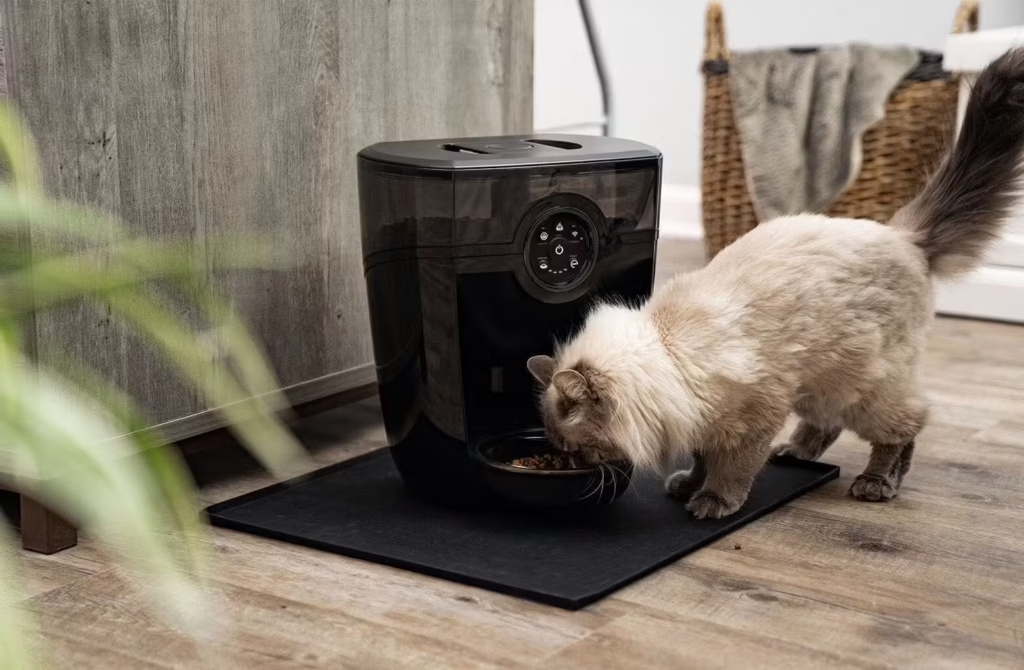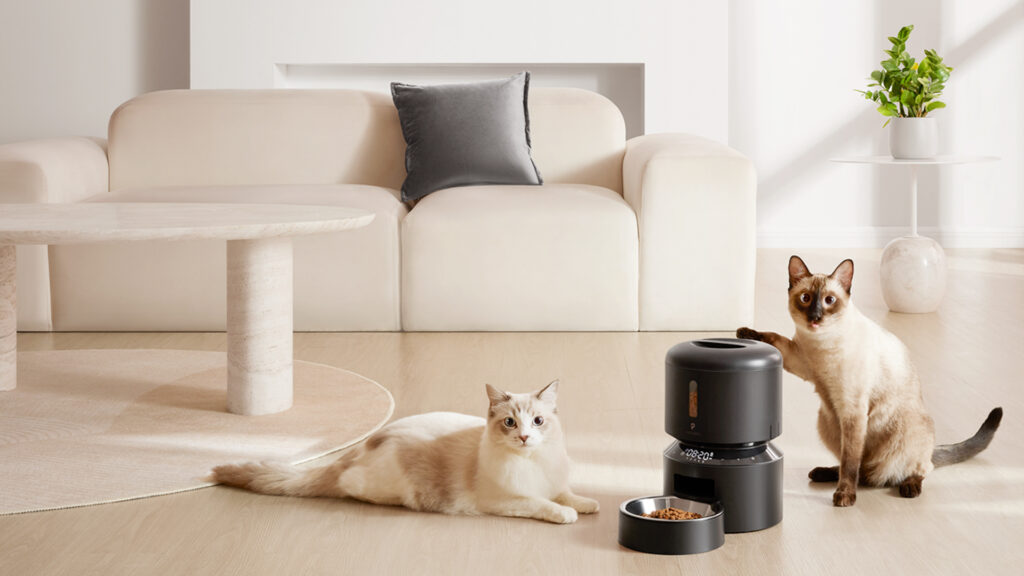Ants in Pet Food Bowl: 10 Permanent Fixes That Work
Have you ever walked into your kitchen or yard and noticed a parade of ants marching straight to your pet's food bowl? It's frustrating, messy, and downright unhygienic. Ants love pet food because it's a rich source of protein and carbohydrates. Once they discover it, they don't hesitate to invite their entire colony. But don't worry! In this guide, we'll share 10 permanent fixes to keep ants out of your pet's food bowl for good.
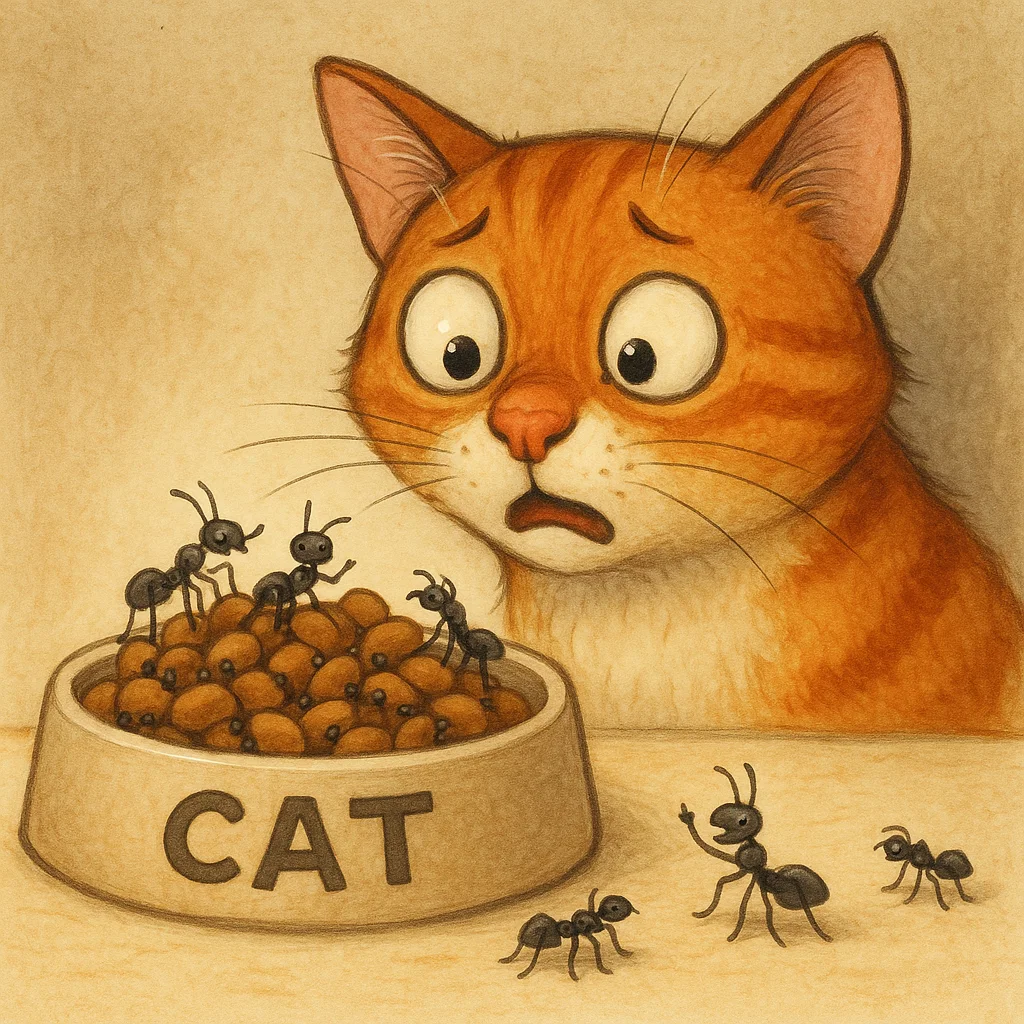
Understanding the Ant Problem
Why ants are attracted to pet food
Ants have an exceptional sense of smell, and pet food is a treasure trove for them. Whether it's kibble or wet food, it contains protein, fat, and sugar—everything ants need to thrive.
How ants find their way into bowls
Ants leave a chemical trail called a pheromone trail that leads other ants to the food source. So, if one ant finds your pet's bowl, dozens will soon follow.
10 Permanent Fixes for Ants in Pet Food Bowl
Invest in specially designed ant-proof pet bowls. These bowls typically have raised legs or water traps that make it impossible for ants to climb into the food.
This is a simple DIY hack. Place your pet's bowl in a larger shallow dish filled with water. Ants can't swim, so the water acts as a moat, keeping them away.
Use food-grade diatomaceous earth or a pet-safe ant barrier around the feeding area. This creates a line ants won't cross.
Crumbs and spills are like an open invitation for ants. After your pet eats, clean the area thoroughly to remove any food residue.
Never leave pet food bags open. Use sealed containers to keep the aroma from attracting ants.
Use natural deterrents like cinnamon, vinegar, or lemon juice around the bowl area. These are safe and effective at confusing ants' scent trails.
Leaving food out all day is a big mistake. Serve food at fixed times and remove leftovers after 20–30 minutes.
Place the food bowl on a raised stand with smooth legs that ants can't climb easily.
This method involves placing the main bowl inside another shallow bowl containing a barrier (like water or oil) to block ants.
Find and remove the source. If you see ant trails leading outdoors, trace them to their colony and apply a safe ant treatment.
Natural vs. Chemical Solutions
Natural Solutions
Natural remedies like vinegar, diatomaceous earth, and essential oils are generally safer for pets compared to chemical sprays. These options are non-toxic and environmentally friendly.
Best for: Indoor use, homes with children or multiple pets, and eco-conscious households.
Chemical Solutions
Chemical sprays can be toxic to pets and should be used with extreme caution. Avoid strong insecticides near food bowls.
Use only when: Facing severe infestations, and always choose pet-safe formulas specifically designed for indoor use.
Pro Tip: Always test any repellent in a small area first to ensure it doesn't affect your pet's behavior or appetite. A vinegar-water solution (1:1 ratio) is excellent for wiping surfaces as it removes pheromone trails.
Long-Term Prevention Tips
Routine cleaning and maintenance
Make cleaning your pet's feeding spot a daily habit. Wipe bowls, mop floors, and check for crumbs. Pay special attention to corners where food particles can accumulate.
Outdoor precautions
If your pet eats outside, place the feeding area on concrete or deck surfaces rather than grass. Elevate bowls at least 12 inches off the ground and consider creating a perimeter with diatomaceous earth.
Common Mistakes to Avoid
Overusing chemical sprays near food
Chemical sprays can be toxic to pets. Always choose pet-safe solutions and apply them away from feeding areas.
Ignoring the root cause
Killing a few ants won't solve the problem. You must eliminate the source or block access entirely to achieve a permanent solution.
Conclusion
Ants in your pet's food bowl are annoying, but the good news is you can stop them permanently with these smart solutions. From ant-proof bowls to natural repellents, these methods will create an ant-free zone for your pet's meals.

